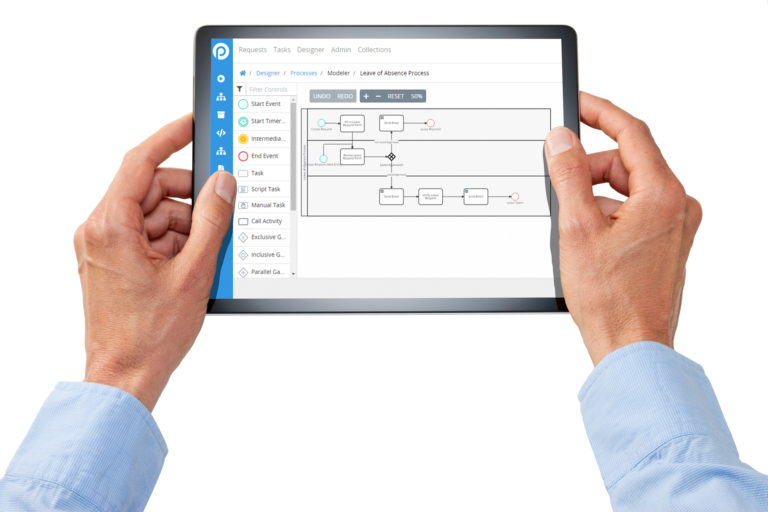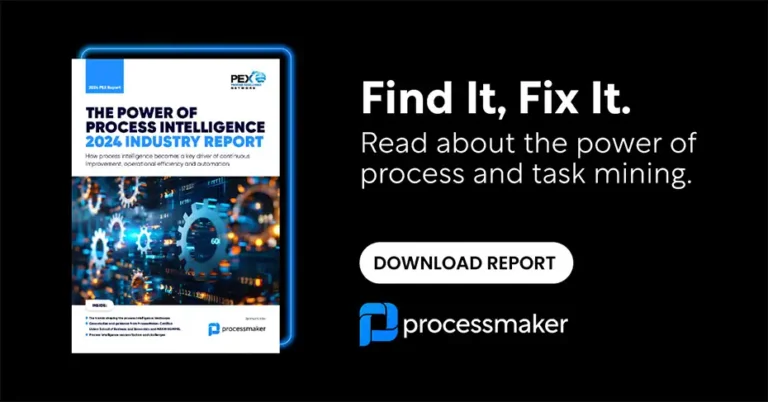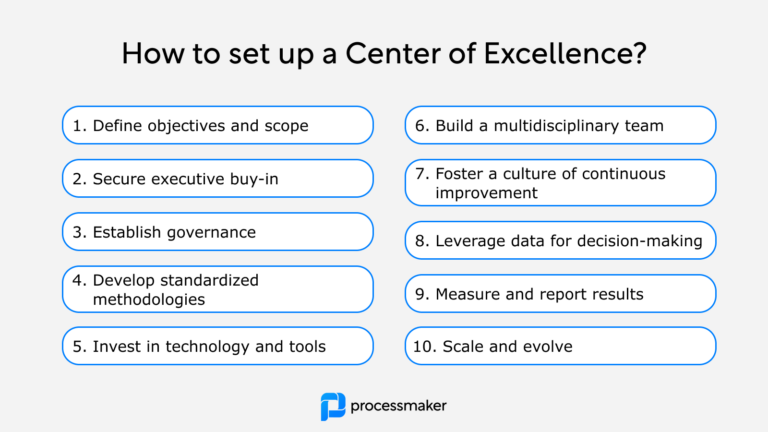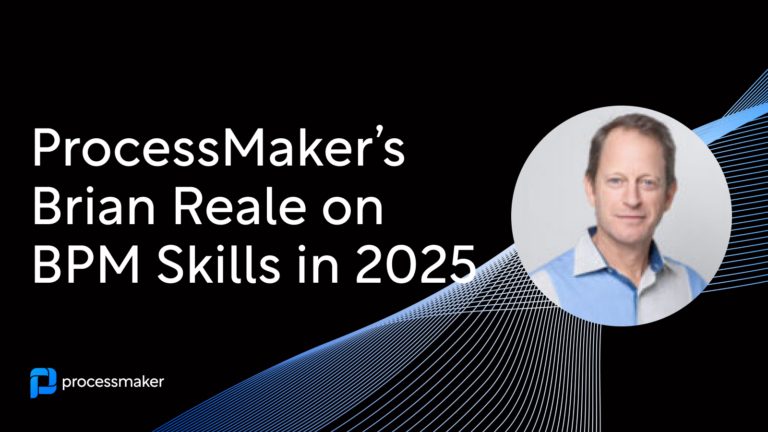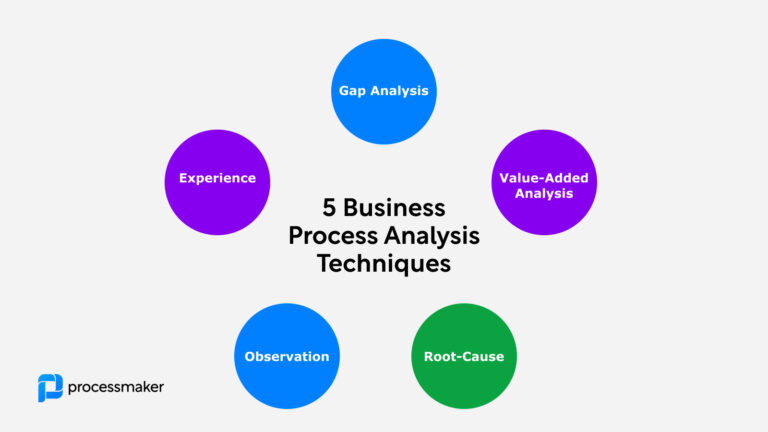With the onset of rapidly-developing new technology, business process management (BPM) software is moving in a new direction: iBPM. iBPM stands for “intelligent Business Process Management” and involves the integration of cutting-edge technology, such as robotic process automation (RPA) and machine learning, into everyday processes. The goal of iBPM is to leverage cutting-edge technology to produce automated, meaningful data analysis to better automate processes and improve efficiency.
Since it is still new, the difference between iBPM and traditional BPM platforms can be hard to grasp. How is iBPM more “intelligent” than traditional BPM suites? This blog post explores how iBPM differs from traditional BPM and how those differences affect workflows.
Traditional BPM Software and Data
iBPM’s greatest strength is to compile data from both users and integrated applications and use it to make informed automated decisions. This is a significant difference from traditional BPM software. There are two common problems when it comes to traditional BPM platforms and data:
- Traditional BPM software collects a remarkable volume amount of data on employee and process efficiency. However, the sheer amount of information creates a barrier to interpret data and make informed decisions.
- Even after analysts translate raw data into insight, it is difficult to changes processes due to the heavy coding required.
Although traditional BPM platforms help companies optimize workflows by collecting data on process and employee efficiency, the time to convert data into results is significant.
iBPM: Converting Data into Results Through Connectability
iBPM tackles the first problem through its connectivity with cutting-edge technology to automatically analyze data and optimize workflows. Integrating outside technology and applications into traditional BPM processes often requires a dedicated team of programmers to build custom solutions. In contrast, iBPM software orchestrates multiple applications to weave innovative, cutting-edge technologies seamlessly into workflows. By incorporating new technology like event-processing and predictive analytics into workflows, the time it takes to act on insight gathered from process data is drastically reduced.
Two main benefits stem from the quick conversion from insight to improvement: better exception handling and continuous process optimization. iBPM predicts problems and changes the workflow correspondingly based on real-time data. This expands the scope of BPM software to automate processes that are prone to exceptions. It also generates more data about changes made to continuously improve processes. This way, process data continuously feeds back on itself so workflows are constantly improved over time.
Increasing Results Through Rapid Process Iteration
The impact of advanced data processing is enhanced by the ability to rapidly change processes. iBPM platforms give users the option to not only make changes automatically through event-driven architecture but also features low-code design interfaces that allow even citizen developers to modify processes. This is a big step from needing a dedicated team of IT professionals to deploy process changes over a series of months, as in traditional BPM software. In iBPM, both technology and citizen developers can make modifications to workflows based on accurate data. As a result, companies rely less on IT staff to monitor processes and experience lower costs, risk and deployment times.
The Bottom Line
iBPM’s ability to leverage cutting-edge business intelligence technology while lowering the barrier to process development makes it a powerful tool for experimenting with business models. iBPM simultaneously generates and performs accurate analysis on an increased amount of data through integrations with cutting-edge technology. Combined with the ability to change processes at will, professionals have the freedom to make informed decisions about business strategy. Then, act on those decisions without taking on significant risk. By aligning technology, data, and strategy, companies experience increased efficiency at a much faster rate and a much lower cost.
The State of iBPM
While some BPM software solutions are starting to implement iBPM capabilities, years remain before it becomes the standard. The technology that makes it possible to automate decision making and data analysis has not fully matured. However, as cutting-edge business intelligence (BI) technology matures, BPM software will start to resemble true iBPM platforms. As iBPM proliferates in the market, exciting possibilities are in store for organizations of all sizes to rapidly transform their businesses through intelligent process automation and optimization.
